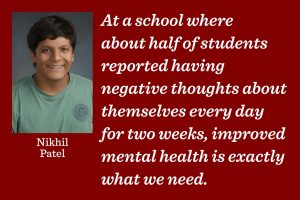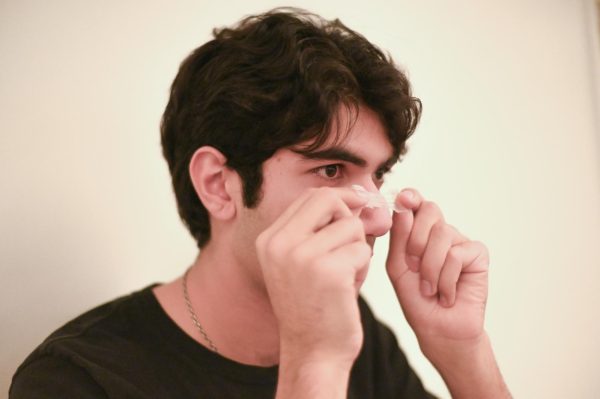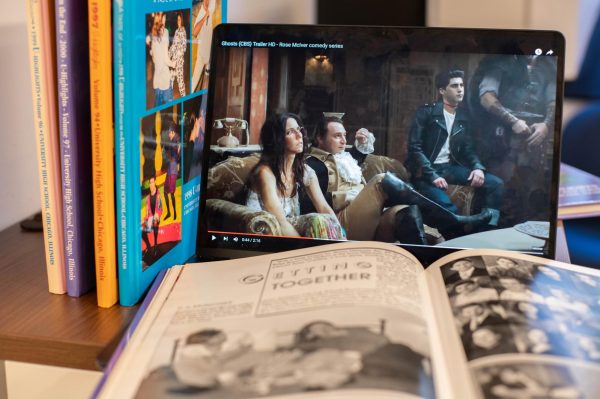The Social Dilemma: The truth behind the screen
On an average day, Americans are on their phones for 5.4 hours according to ZDNet.
Looking outside, the apocalypse seems near. Masks are worn, wildfires rage and businesses board up their windows. Online, many people search for an escape from reality. As it turns out, life on a screen isn’t much better: elections are manipulated, addictions are cultivated and conspiracy theories are spread.
“The Social Dilemma,” a new documentary with dramatic scenes from Netflix, presents the online world as a ruthless chess game, playing human impulses as pawns for the purpose of profit, all at our own expense.
The main message of this documentary-drama is simple. Namely, social media, at least in its current form, is detrimental. The docu-drama employs a fictional narrative of a family dealing with the effects of social media on children, which is interwoven into the punchy, succinct interview segments from leaders in the technology industry and academia.
Of the film’s 13 interviewees, many were integral in developing social media sites like Instagram and Facebook that define the modern era. They explain that these deeply addicting platforms are beholden to nothing — certainly not their users, and not even to democracy itself. Jaron Lanier, regarded as the father of virtual reality, said, “If we go down the status quo for, let’s say, another 20 years, we probably destroy our civilization through willful ignorance.”
Tristan Harris, a former Google design ethicist and president and co-founder of the Center for Humane Technology, says that apps are paid for by advertisers, who necessarily require as much attention as they can get.
“What [users] don’t realize is, they’re competing for your attention,” Mr. Harris said.
Tim Kendall, a former executive at Google and Pinterest, describes the goals of big tech companies with brutal honesty.
“Let’s figure out how to get as much of this person’s attention as we possibly can,” Mr. Kendall said. “How much of your life can we get you to give to us?”
The experts’ advice on how to avoid the addiction of social media is disappointingly unoriginal, including tips to turn off push notifications, clear search history and consume information through various reliable sources.
The film is eerily applicable to our current situation, where screens are used for nearly everything, from classes to work to social interaction. Facebook — presented in the film as the king of all social media — saw a 27% increase in website usage from March to April, according to the New York Times. In July alone, global social media usage increased by 10.5%, according to datareportal.com.
“The Social Dilemma” is a fascinating, terrifying documentary, presenting, in excruciating detail, the ways in which humanity is succumbing to the negative externalities of social media. While it is a painful realization to make, the only way to improve a problem is recognize its existence in the first place. So, if you want to take on your own social media demons one at a time, watch “The Social Dilemma” on Netflix.
















